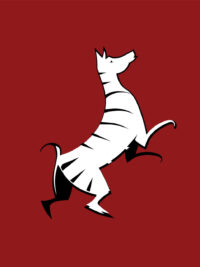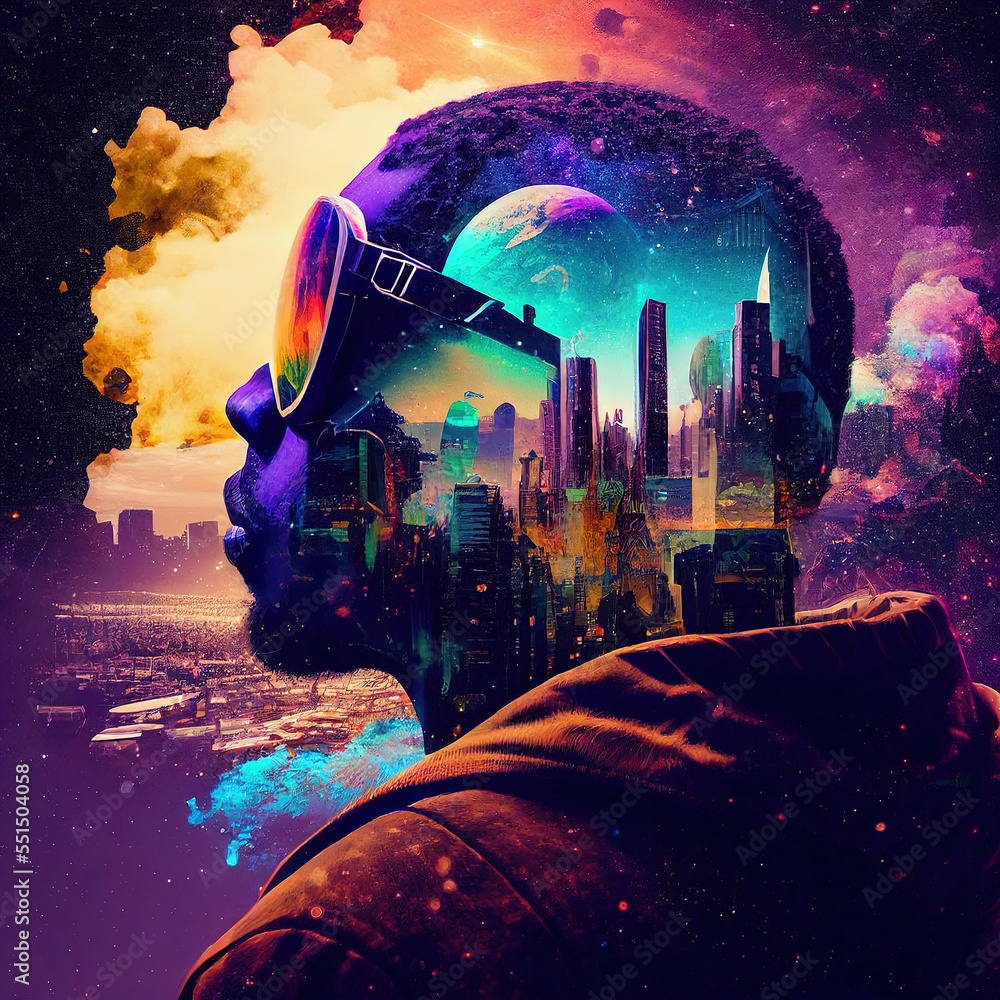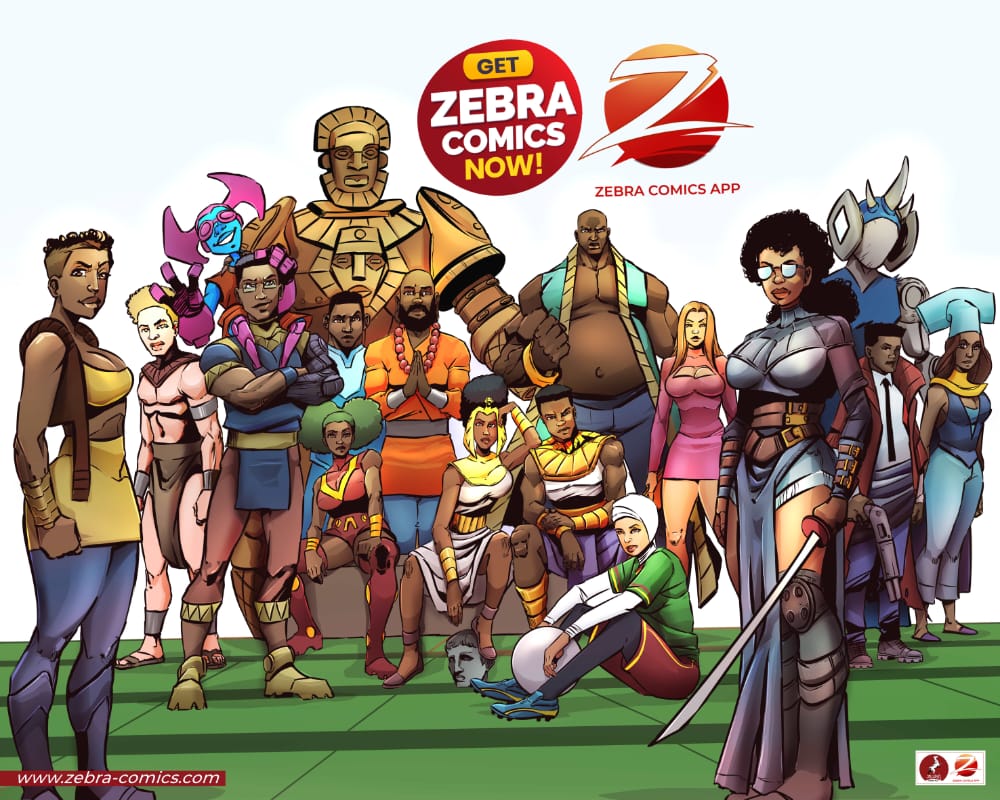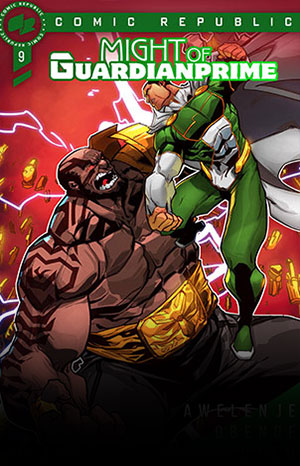Introduction
Comics are a form of visual storytelling that combine words and images to create sequential narratives. Comics can be used for various purposes, such as entertainment, education, propaganda, or activism. In recent years, comics have gained popularity and recognition as a medium for journalism and documentary, especially in regions where freedom of expression and access to information are limited or threatened. These comics are often referred to as investigative comics.
Investigative comics are comics that use research and reporting to investigate and expose a topic or issue of public interest or concern. They can cover a wide range of subjects, such as human rights, corruption, conflict, environment, health, culture, or history. They can also adopt different styles and formats, such as comic strips, graphic novels, webcomics, or interactive comics. Investigative comics aim to inform, educate, persuade, or mobilize readers through compelling stories and visuals.
One of the regions where investigative comics have emerged and flourished is Africa. Africa is a vast and diverse continent with over 50 countries and more than a billion people. It is also a continent that faces many challenges and opportunities in terms of social, economic, political, and cultural development. Africa has a rich and vibrant history of comics production and consumption, dating back to the colonial era and continuing to the present day. However, most of these comics have been either imported from Europe or America or influenced by their styles and genres. Moreover, most of these comics have focused on entertainment or fantasy rather than reality or critique.
In contrast, investigative comics from Africa are comics that are made by African artists for African audiences (and beyond), that reflect the experiences, struggles, and cultures of the many African countries without influence from the West or its expectations. These comics also use graphic narratives to explore and expose various issues that affect African societies, such as corruption, violence, poverty, inequality, democracy, identity, or heritage. These comics aim to challenge the status quo and inspire change through awareness and action.
Production and Distribution

One of the main challenges that investigative comics from Africa face is the lack of adequate resources and support for their production and distribution. Most African comic artists work independently or in small teams, often relying on their own skills, equipment, and funds. They also face difficulties in accessing quality materials, printing facilities, and distribution channels. Moreover, they have to deal with censorship, harassment, or threats from authorities or other groups that may not appreciate their critical or controversial work.
However, investigative comics from Africa also benefit from some opportunities and advantages that enable them to reach and engage their audiences. One of these is the use of digital technology and platforms, such as the internet, social media, mobile phones, and tablets. These tools allow African comic artists to create and share their work more easily and cheaply, as well as to interact and collaborate with other artists and readers across borders and boundaries. Platforms such as the Zebra Comics website and app already publish comics written and illustrated by Africans. Another advantage is the growing interest and recognition of comics as a legitimate and valuable form of art and expression, both within and outside Africa. This has led to the emergence and development of various initiatives and events that promote and celebrate African comics, such as festivals like the Bilili Festival, MboaBD, the Lagos ComicCon, Forum International de Bande Dessinée de Tétouan (FIBaD); exhibitions, awards, workshops, publications, or networks.
Reception of Investigative Comics from Africa

The reception of investigative comics from Africa varies depending on the context and audience. Some readers may appreciate and support these comics for their informative and innovative content and style. They may also relate to or empathize with the stories and characters that represent their realities and aspirations. Others may reject or resist these comics for their challenging or provocative nature. They may also question or criticize the accuracy or credibility of the information, or the perspective of the authors. In any case, investigative comics from Africa aim to elicit a response from their readers, whether positive or negative, as a way of initiating a dialogue and a debate about the issues they address.
Examples and Creators of Investigative Comics from Africa
There are many examples and creators of investigative comics from Africa that deserve attention and recognition. However, due to space limitations, we will only mention a few of them as illustrations of the diversity and quality of this genre.

One of the pioneers of investigative comics from Africa is Andy Akman , a Ghanaian artist who created Captain Africa in the 1980s. Captain Africa was the first African comic and superhero comic to go global. It was written and illustrated by Akman and published by African Comics Limited, a Nigerian publisher. The comic featured a masked vigilante who fought against corruption, injustice, and oppression in various African countries. The comic was acclaimed for its realistic and detailed depiction of African politics and culture, as well as its action-packed and suspenseful plot.
Another example of investigative comics from Africa is Lake of Tears by Kwabena Ofei and Setor Fiadzigbey. Lake of Tears is a graphic novel that sheds light on child trafficking and labour in Ghana. It follows the story of Kyei, Anima, and Aya, who meet by a twist of fate and come together to rescue other victims like them. The graphic novel was created in partnership with Challenging Heights, a non-governmental organization that works to end child slavery and exploitation. The graphic novel won the 2018 Nommo Award for the best graphic novel.
A third example of investigative comics from Africa is Tatashe by Cassandra Mark and Tobe Max Ezeogu. Tatashe is a webcomic that is set in a world of food called Alomnia. It follows the adventures of Tatashe, a red bell pepper, as she makes new friends, fights strange creatures, and tries to find her long-lost master in a world where food is all around you. The webcomic is filled with Nigerian pidgin slangs and food, as well as subtle commentary on social and environmental issues.
Another example of investigative comics from Africa is Mancraft by Ejob Gaius and Bertrand Zeh published on the Zebra Comics digital platforms. Mancraft explores a world of witchcraft and spirits that affect the real world. We follow Tain as he tries to uncover his role in this new world he has been forced into. It is filled with awesome fight scenes, contemporary locations that will fascinate comics readers beyond the continent, and a lot of magic.
These are just some of the many investigative comics from Africa that are worth reading and supporting. They demonstrate the potential and power of comics as a medium for telling stories that matter and make a difference.
Conclusion
Investigative comics from Africa are a new and exciting genre of comics that use graphic narratives to expose and critique social and political issues on the continent. They are made by African artists for African audiences (and beyond), that reflect the experiences, struggles, and cultures of the many African countries without influence from the West or its expectations. They also challenge stereotypes and misconceptions about the continent. Investigative comics from Africa face some challenges and risks in terms of production, distribution, and reception, but they also benefit from some opportunities and advantages that enable them to reach and engage their audiences. Investigative comics from Africa offer a unique and powerful way of engaging with the realities and complexities of African societies, while also inspiring change through awareness and action.





I have read Mancraft and Lake of Tears. They’re both fantasitc stories. I never knew about Captain Africa but I’ll definitely check it out.
I’ve been following episodes of Mancraft on Zebra Comics. The detectives are having a hard time figuring things out, it’s mad interesting.